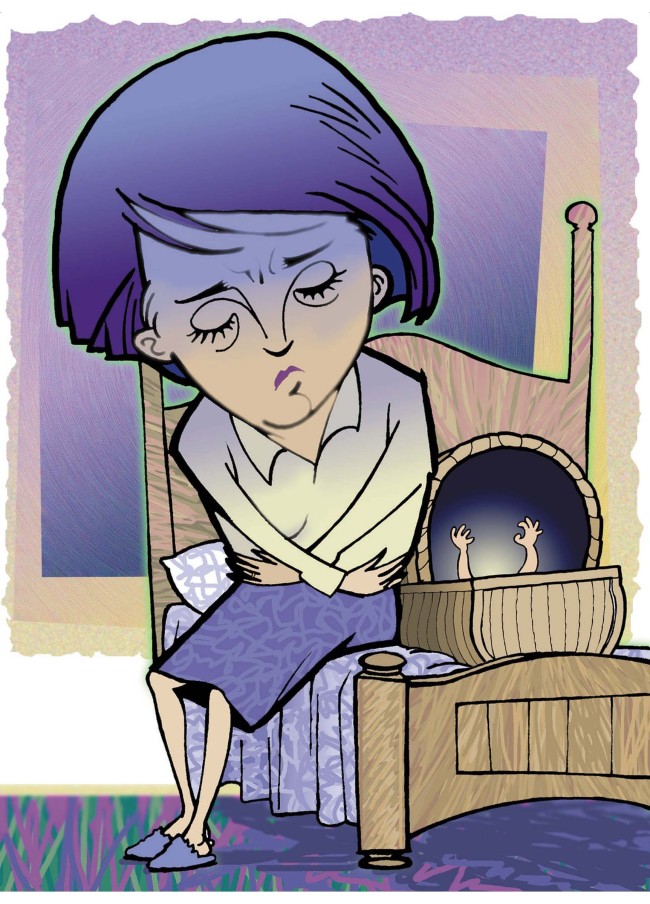NEW ORLEANS (UPI) -- Chronic stress during pregnancy prevents brain benefits of motherhood in rats, a finding that suggests a link to postpartum depression, U.S. researchers say.
Lead author Benedetta Leuner of Ohio State University in Columbus said the study showed an increase of dendritic spines in new mothers‘ brains was associated with improved cognitive function on a task that requires behavioral flexibility -- in essence, enabling more effective multitasking. Dendritic spines are hair-like growths on brain cells that are used to exchange information with other neurons.
The dendritic spines increased by about 20 percent in the brain regions associated with learning, memory and mood, Leuner said.
However, the study found chronic stress negated the brain benefits of motherhood, causing the stressed rats’ brains to match brain characteristics of animals that had no reproductive or maternal experience.

“Animal mothers in our research that are unstressed show an increase in the number of connections between neurons. Stressed mothers don‘t,” Leuner said in a statement. “We think that makes the stressed mothers more vulnerable. They don’t have the capacity for brain plasticity that the unstressed mothers do, and somehow that’s contributing to their susceptibility to depression.”
Leuner presented the findings at Neuroscience, the annual meeting of the Society for Neuroscience in New Orleans.
<관련 한글 기사>
임신 중 스트레스, 방치하면 출산 후...
임신 기간 동안 만성적으로 스트레스에 노출되면 출산 후 우울증에 걸릴 위험도가 높아질 수 있다는 연구 결과가 나왔다.
오하이오 주립대학 베네데타 루너 박사에 따르면 엄마가 되려고 준비하는 여성의 뇌는 뇌세포의 일부분인 수상돌기 가시가 증가하면서 인지 기능이 향상되어 더욱 효과적인 멀티태스킹을 가능케한다고 한다.
임신을 하게 되면 학습, 기억과 감정과 연관된 뇌의 영역의 수상돌기가시가 20퍼센트 정도 증가하게 된다.
그러나 임신 기간에 만성적인 스트레스를 겪은 여성의 경우 이런 뇌의 변화가 일어나지 않는다.
루너 박사는 "스트레스를 받은 임산부의 경우 뇌의 가소성이 떨어져서 출산 후 우울증에 취약하게 된다"고 말했다.
(코리아헤럴드)


![[Exclusive] Korean military set to ban iPhones over 'security' concerns](http://res.heraldm.com/phpwas/restmb_idxmake.php?idx=644&simg=/content/image/2024/04/23/20240423050599_0.jpg&u=20240423183955)

![[Graphic News] 77% of young Koreans still financially dependent](http://res.heraldm.com/phpwas/restmb_idxmake.php?idx=644&simg=/content/image/2024/04/22/20240422050762_0.gif&u=)



![[Pressure points] Leggings in public: Fashion statement or social faux pas?](http://res.heraldm.com/phpwas/restmb_idxmake.php?idx=644&simg=/content/image/2024/04/23/20240423050669_0.jpg&u=)









